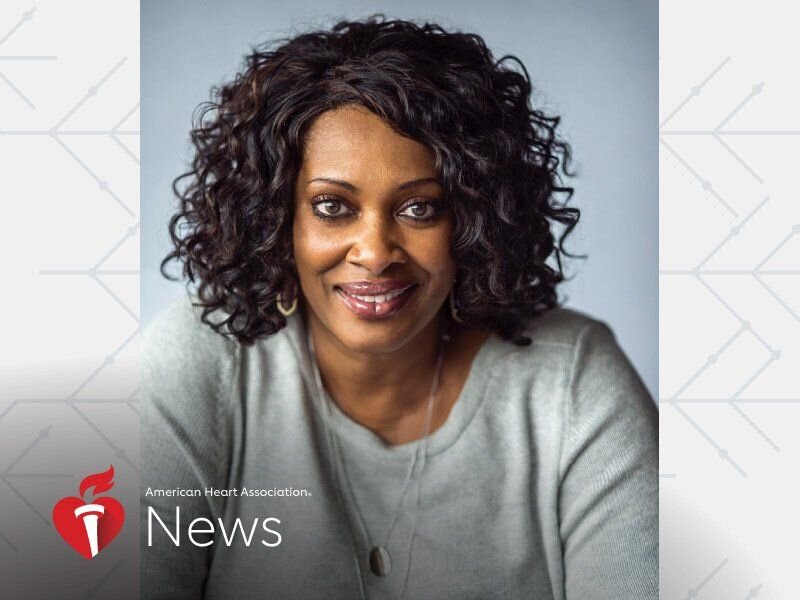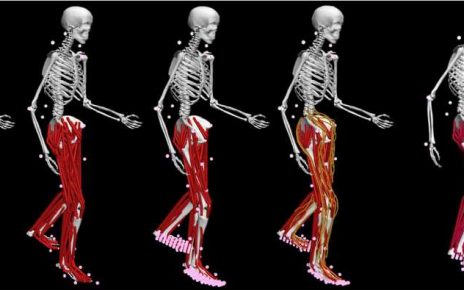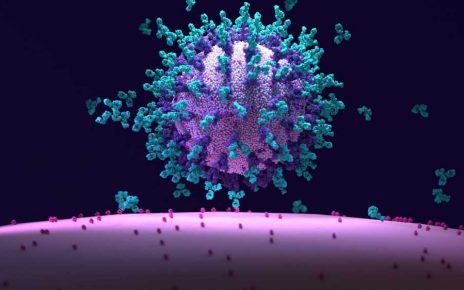
After a week of remote work in Farmington Hills, Michigan, Denise Castille was packing up her desk and preparing to leave for the airport to catch a flight back to her home in McKinney, Texas.
Most of her co-workers had already left for the Independence Day long weekend when Denise, then 46, started experiencing sharp chest pain. She began sweating profusely. Her skin suddenly appeared gray. She called out to a colleague, who called 911.
The paramedics arrived and checked her heart’s electrical activity using an electrocardiogram. They determined she was having a heart attack. Denise was rushed to the hospital where doctors discovered a 99% blockage in her heart’s main artery.
Denise’s mother, Shirley Castille, booked a flight from Dallas-Fort Worth airport and rushed to the hospital to be at her daughter’s side.
“There just aren’t words to explain how a mother feels when she sees her daughter fading away,” Shirley said. “I asked God to give me the strength to do what Denise needed me to do.”
Denise spent a month recovering in Michigan before doctors gave her permission to travel home.
Looking back on the 2015 heart attack, Denise believes things could have turned out much differently.
“The thing that we do as women is ignore signs. We put a Band-Aid on it. We take aspirin, promise we’ll rest,” she said. “We have got to know what the risk factors are (and) what it looks like if someone is having a heart attack.”
It wasn’t just that Denise dismissed her symptoms. Her doctors did, too.
About six months before her heart attack, Denise saw her primary care physician to discuss why her feet and ankles were swollen. The doctor told Denise she was overweight and the swelling would resolve if she lost weight. One month later, Denise started experiencing chest pain.
“It scared the heck out of me,” she said. “But at no point did I make the connection that the chest pain had something to do with my heart or was related to the swollen feet and ankles.”
Then came the day Denise took Shirley to a doctor’s appointment. The paperwork asked all sorts of questions about symptoms of heart problems. Denise checked “no” for Shirley, but realized the answers were “yes” for herself.
“I started having some bells and whistles,” Denise said. “That’s when I knew it could be my heart.”
Denise saw a cardiologist. After a stress test, the doctor said there was no indication she had a blockage or any signs of heart issues. This was about three months after she’d begun having chest pain.
She left the doctor’s office feeling relieved. Fear returned when Denise, a corporate trainer, left for a business trip to Denver.
Heart palpitations prompted Denise to start monitoring her blood pressure. She saw it was on the rise. She logged her symptoms in a spreadsheet, which she gave to her cardiologist at a follow-up appointment a month after the previous visit. The doctor handed it back to Denise and said, “I don’t need it because there is nothing wrong with your heart.”
The cardiologist chalked up the symptoms to stress and told her to relax.
Two weeks later, Denise was in Farmington Hills, Michigan. Each time she experienced heart palpitations, she reassured herself that it was just stress. Hours later she was in an ambulance, headed to the hospital. Doctors ended up opening her blocked coronary artery by inserting a stent during a non-invasive procedure.
Four years later, Denise experienced several episodes of a low heart rate. One time, she passed out and spent the night in the emergency room. Doctors diagnosed it as an isolated incident. Seven months later, she was back in the hospital. This time her heart stopped, and she had to be resuscitated. She ended up getting a device implanted to help maintain a regular rhythm.
Denise was grateful she survived. But she carried a lot of anger over multiple missed diagnoses that could have proven fatal. She even contacted an attorney about pursuing legal action but decided to take a positive approach to recovery.
Denise founded a nonprofit organization, Fresh Start for Your Heart, that provides heart disease education and resources. She teaches CPR classes and participates in American Heart Association events.
“Denise is a real survivor,” Shirley said. “And because she survived, she wanted to give back.”
American Heart Association News covers heart and brain health. Not all views expressed in this story reflect the official position of the American Heart Association. Copyright is owned or held by the American Heart Association, Inc., and all rights are reserved.
Copyright © 2023 HealthDay. All rights reserved.
Source: Read Full Article



